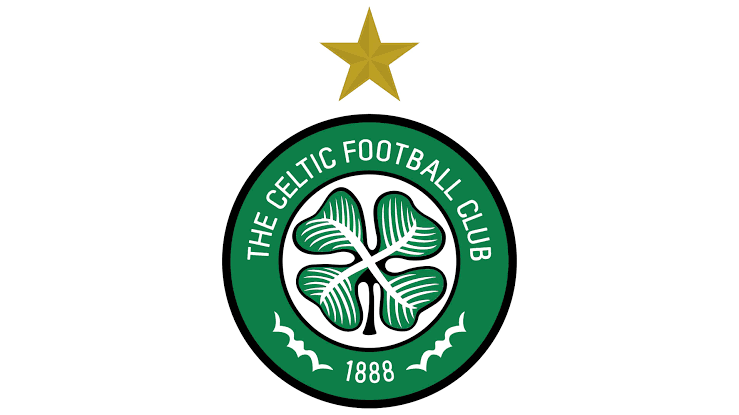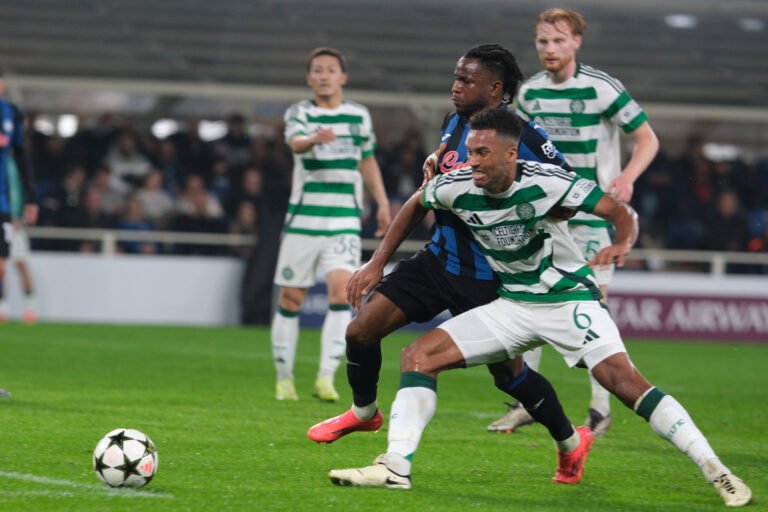
In a surprising turn of events, Celtic Head Coach Brendan Rodgers has hinted at a potential interest in the managerial position at Manchester United, igniting speculation among fans and pundits alike. This revelation comes amid a tumultuous period for the Red Devils, who have seen a considerable decline in performance and consistency in recent seasons. The club’s struggles in both domestic and European competitions have left many questioning whether Erik ten Hag is the right man for the job.
Rodgers, who has enjoyed considerable success with Celtic, having led them to multiple Scottish Premiership titles and domestic cups, has built a reputation as a tactician capable of revitalizing teams. His management style emphasizes attacking football, player development, and a strong work ethic—all aspects that many believe could benefit Manchester United in their quest to return to the pinnacle of English football.
While addressing the media after a recent match, Rodgers commented on the allure of Manchester United, stating, “It’s an incredible club with a rich history and tradition. Anyone in football would be lying if they said they wouldn’t consider the opportunity to manage such a prestigious team.” This statement has raised eyebrows, particularly given the intense pressure associated with taking on the United job.
Rodgers’ candid acknowledgment of his interest comes as a stark reminder of the competitive nature of football management. The landscape is evolving, and top managers are constantly evaluating their positions and prospects. The fact that he’s open to considering an opportunity at a club like United speaks volumes about his ambition and willingness to take on new challenges.
Moreover, this situation intertwines with the recent criticism levied at Manchester United regarding their managerial approach and players’ performances. The club has faced scrutiny for its recruitment strategy and inability to integrate talents effectively. A manager like Rodgers, known for his developmental skills, could potentially reinvigorate a squad that has underperformed under high expectations.
However, making a transition from Celtic to Manchester United is not without its complexities. The nuances of handling a club of United’s stature—leveraging their historical legacy while managing modern pressures







